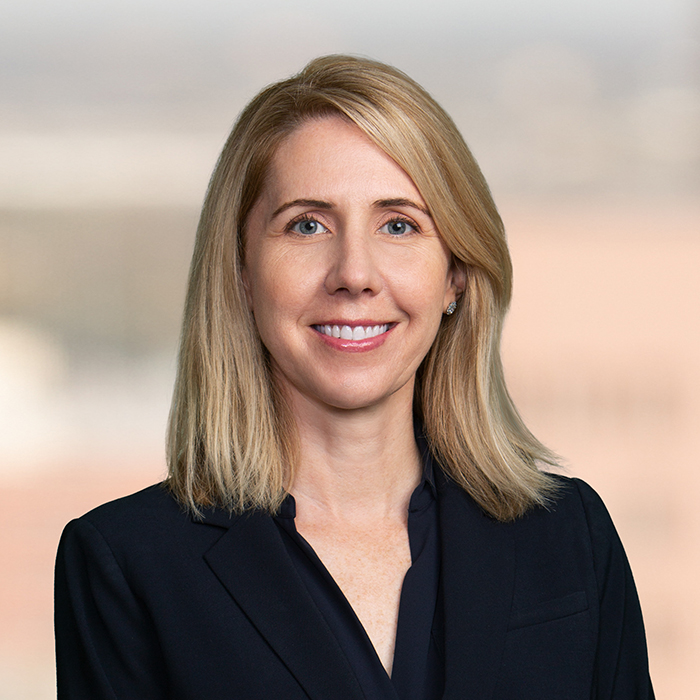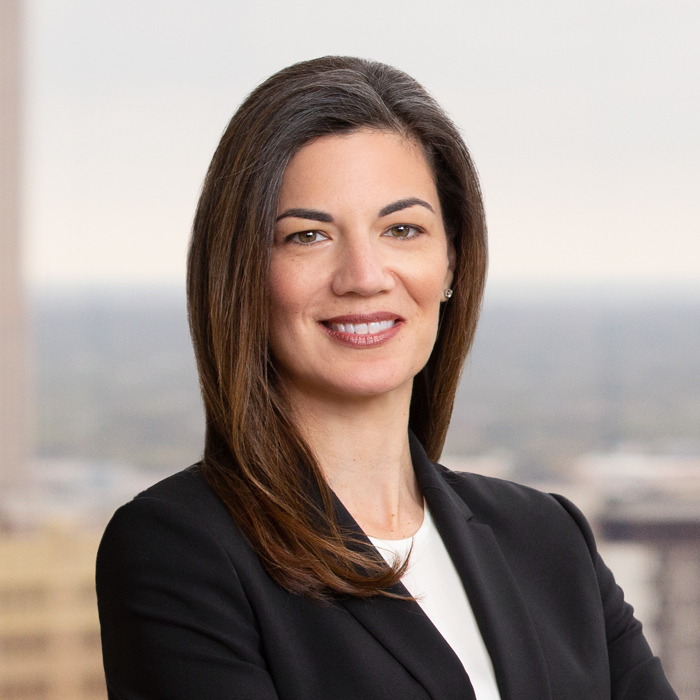As companies of all types and sizes continue to deal with the potential legal implications of the COVID-19 pandemic for their businesses, Jackson Walker provides insights and resources on the COVID-19 Legal Resources & Insights site.
By Laura Cordova, Erica Giese, & Daniela Mondragón
This month, the Department of Justice (DOJ)—as a product of the Criminal Division’s continued efforts to combat healthcare fraud—announced criminal charges against over 100 defendants, including 42 doctors, nurses, and other professionals in the medical field. In a press release, the DOJ noted that it had identified over $1 billion in fraud-related losses to government-funded healthcare programs and private insurers. While DOJ announcements that allege billions of dollars of healthcare fraud are certainly nothing new, these announcements tend to highlight the current administration’s enforcement priorities.
Here, the DOJ highlighted the nationwide enforcement actions targeting four major categories of alleged fraud:
- telemedicine;
- COVID-19 relief funds;
- substance abuse treatment facilities, or “sober homes”; and
- illegal prescription and/or distribution of opioids.
The largest cases, by alleged loss amount, relate to telemedicine, which, not surprisingly, became increasingly popular during the pandemic. The DOJ indicated that telemedicine fraud cases accounted for over $1.4 billion in allegedly false and fraudulent claims tied to kickbacks and medically unnecessary equipment and testing. In cases involving COVID-19 relief funds, the DOJ alleged misuse of patient information to submit fraudulent Medicare claims, as well as misuse of the Provider Relief Fund—a fund that formed a part of the government’s COVID-19 relief efforts during the pandemic. Every indication is that the DOJ will continue its intense focus on enforcement actions alleging telemedicine and COVID-19 related fraud.
In its press release, the DOJ also highlighted cases targeting drug and alcohol treatment centers where defendants allegedly participated in illegal kickback and bribery schemes, and billed for unnecessary drug testing and therapy sessions, totaling approximately $835 million in false claims to private insurers. Nineteen defendants face criminal charges for submitting over $14 million in false claims, and improperly prescribing over $12 million of opioids and other prescription narcotics. Finally, over 60 defendants were charged with falsely and fraudulently submitting more than $145 million claims in traditional categories of healthcare fraud cases. For several years, the DOJ has been focused on stemming the opioid crisis through enforcement actions, and these cases will likely remain a priority as long as opioid-related overdoses and deaths continue.
This recent announcement demonstrates the DOJ’s focus on emerging areas of high-dollar government spending such as telemedicine and COVID-19 relief-related fraud, and its willingness to employ aggressive measures to prosecute these cases. The government appears prepared to utilize extensive resources to target and pursue fraud, despite limited access to grand juries and courts during the pandemic.
Companies and individuals billing private insurers or government-funded programs should be aware of the DOJ’s priorities and the wide range of government enforcement tools the DOJ will employ to prosecute these cases. Businesses operating in the healthcare industry and healthcare providers should seek counsel from healthcare regulatory attorneys to identify risks and ensure that their operations are compliant with law. However, if a problem should arise, experienced healthcare fraud defense counsel can help companies and individuals successfully navigate criminal or civil investigations and enforcement actions.
Related Resources:
- JW Coronavirus Insights & Resources microsite »
- JW Fast Takes Podcasts & Webinars »
- Sign Up for JW eAlerts »
Please note: This article and any resources presented on the JW Coronavirus Insights & Resources site are for informational purposes only, do not constitute legal or medical advice, and are not a substitute for legal advice from qualified counsel. The laws of other states and nations may be entirely different from what is described. Your use of these materials does not create an attorney-client relationship between you and Jackson Walker. The facts and results of each case will vary, and no particular result can be guaranteed.

